The future of the data center has spent months in limbo.



Semiconductor stocks rallied to start the year, led by the world’s biggest memory chip firms that are getting a boost from continued artificial intelligence-related demand.
South Korea’s SK Hynix and Samsung Electronics, the world’s two biggest memory makers, are up 11.5% and 15.9% respectively year-to-date. Micron is 9% higher this year.


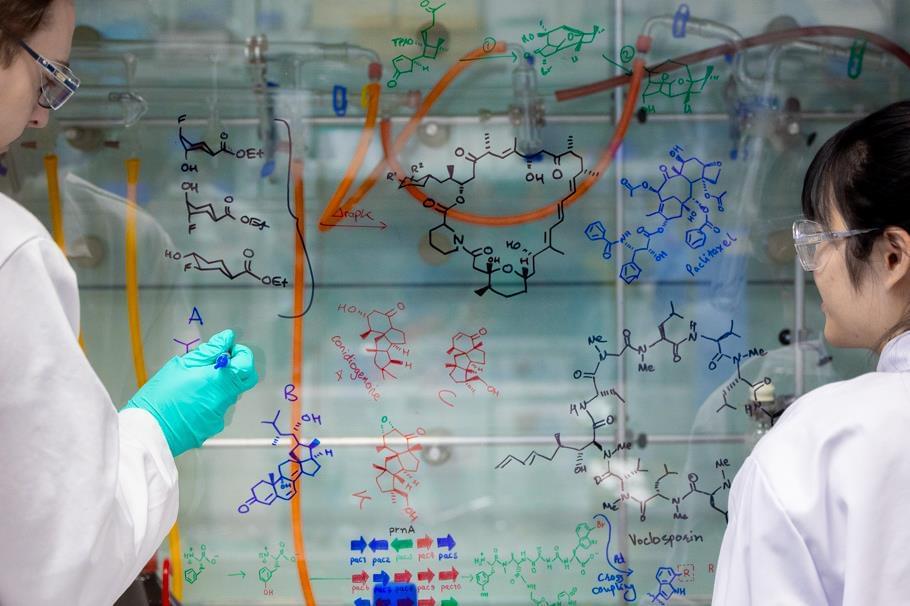
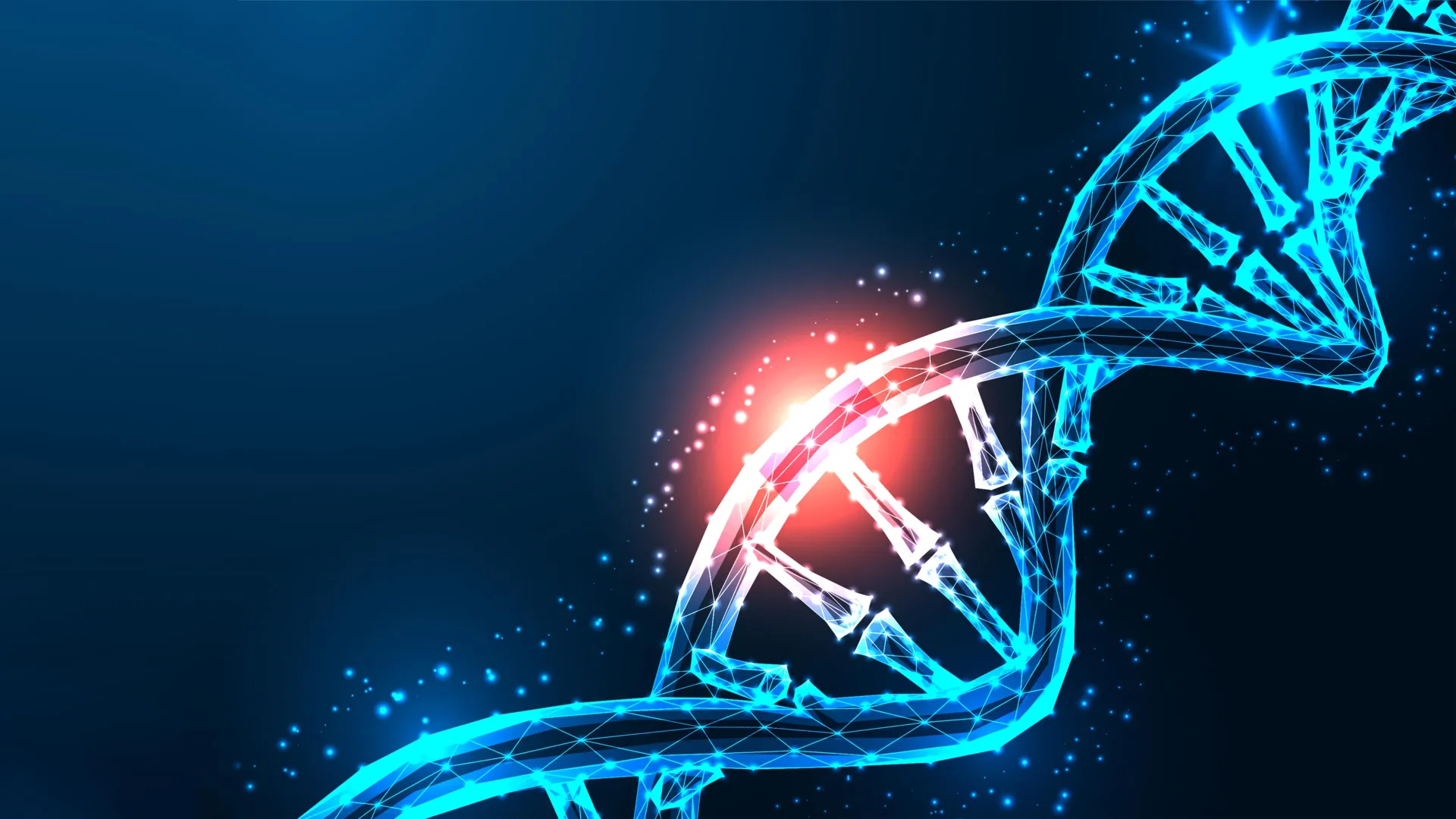
A new CRISPR breakthrough shows scientists can turn genes back on without cutting DNA, by removing chemical tags that act like molecular anchors. The work confirms these tags actively silence genes, settling a long-running scientific debate. This gentler form of gene editing could offer a safer way to treat Sickle Cell disease by reactivating a fetal blood gene. Researchers say it opens the door to powerful therapies with fewer unintended side effects.

We’re ringing in the new year with a look at 15 landmark architecture projects scheduled for completion in 2026, including museums, performing arts venues and a face-shaped tower.
Sagrada Familia, Spain, by Antoni Gaudí
The most significant building set to be completed in 2026 is the Sagrada Familia, 100 years after the death of its architect Antoni Gaudí.
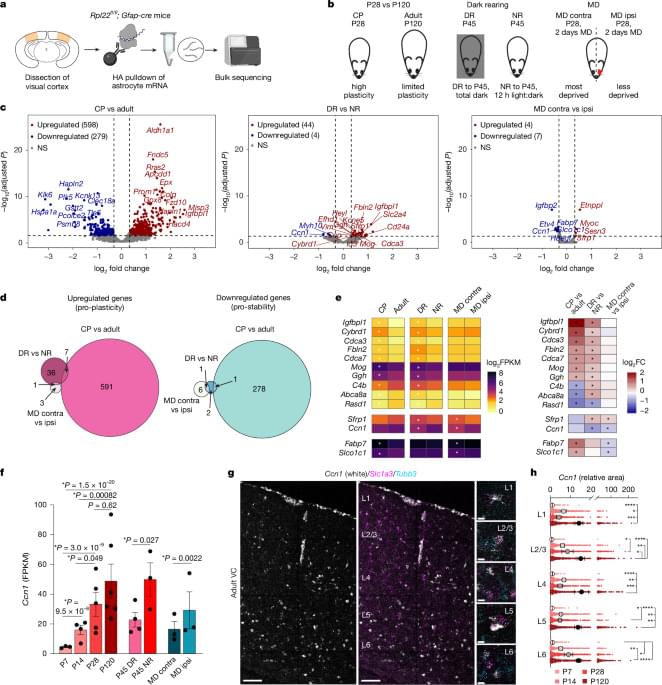
In early life, astrocytes help to mold neural pathways in response to the environment. In adulthood, however, those cells curb plasticity by secreting a protein that stabilizes circuits, according to a mouse study published last month in Nature.
“It’s a new and unique take on the field,” says Ciaran Murphy-Royal, assistant professor of neuroscience at Montreal University, who was not involved in the study. Most research focuses on how glial cells drive plasticity but “not how they apply the brakes,” he says.
Astrocytes promote synaptic remodeling during the development of sensory circuits by secreting factors and exerting physical control—in humans, a single astrocyte can clamp onto 2 million synapses, previous studies suggest. But the glial cells are also responsible for shutting down critical periods for vision and motor circuits in mice and fruit flies, respectively.
It has been unclear whether this loss of plasticity can be reversed. Some evidence hints that modifying the neuronal environment—through matrix degradation or transplantation of young neurons—can rekindle flexibility in adult brains.
The new findings confirm that in adulthood, plasticity is only dormant, rather than lost entirely, says Nicola Allen, professor of molecular neurobiology at the Salk Institute for Biological Studies and an investigator on the new paper. “Neurons don’t lose an intrinsic ability to remodel, but that process is controlled by secreted factors in the environment,” she says.
Specifically, astrocytes orchestrate that dormancy by releasing CCN1, a protein that stabilizes circuits by prompting the maturation of inhibitory neurons and glial cells, Allen’s team found. The findings suggest that astrocytes have an active role in stabilizing adult brain circuits.
The loss of plasticity in adulthood is often seen as a “sad feature of getting older,” says Laura Sancho Fernandez, project manager in Guoping Feng’s lab at the Massachusetts Institute of Technology, who worked on the study as a postdoctoral researcher in Allen’s lab. “But it’s really important for maintaining stable representations and circuits in the brain.”
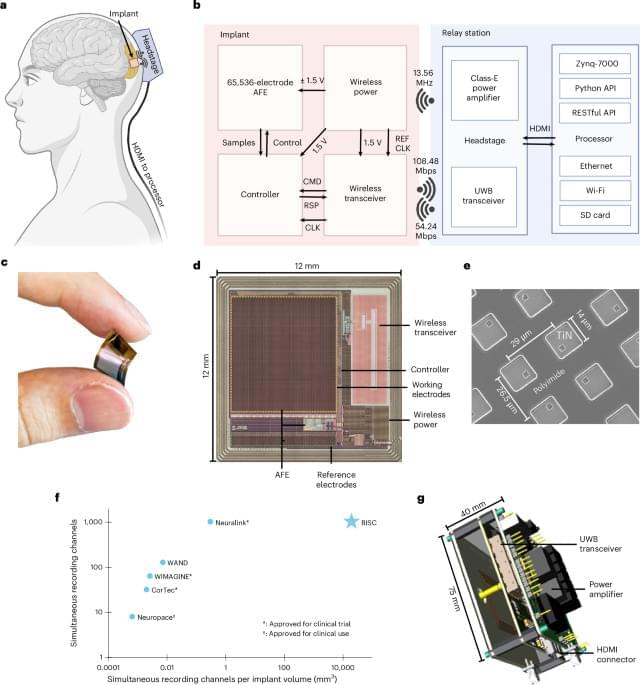
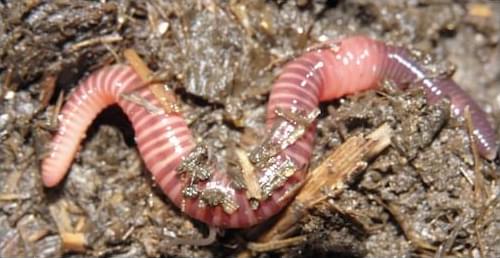
The ability of single active filaments to cluster smaller particles could inspire new materials for building soft robots that perform biological functions.
Every teenager knows that their room will not tidy up by itself. Without intervention, it will inevitably become messier, and they will need to do some work to turn disorder into order. When faced with a similar problem—particle collection—scientists have tried to get individual bacteria, robots, or other self-propelling units to put in the work [1, 2]. But unlike a teenager, a single such unit is usually insufficient to get the job done. Now Rosa Sinaasappel of the University of Amsterdam and her collaborators have proposed and tested a strategy that enables a single active filament to act as a sweeping agent [3]. Thanks to the versatility of polymer architectures, the investigation opens up a huge molecular-design space.
One of life’s most defining properties is its constant struggle against the second law of thermodynamics. At different scales, living organisms need to maintain complex structures or perform directed and persistent motion, feats that would be extraordinarily improbable in thermal equilibrium [4]. Organisms are able to sustain order against entropy by means of constant energy consumption, a feature called “activity.” Conceptually, the sweeping of small objects into piles is a similar problem. The goal is to reach a low-entropy state that is highly disfavored at equilibrium. Bacteria and other active particles, driven by their persistent motion, spontaneously aggregate, and they have been shown to induce clustering of passive particles [1, 2]. However, successful clustering typically requires using a large number of active particles or engineering a complex setting with a favorable geometry [5, 6].